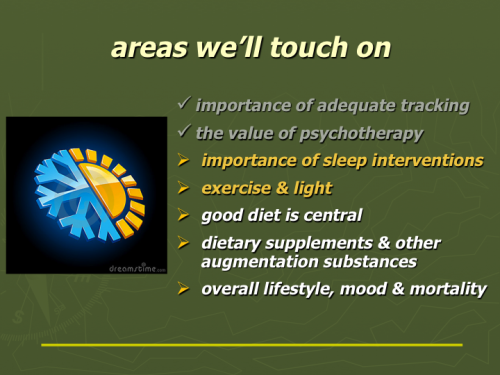Why it might make sense to sleep with a weighted blanket
Last updated on 13th October 2022
Is there any value in using a weighted rather than a standard blanket?
More to follow ...

Is there any value in using a weighted rather than a standard blanket?
More to follow ...
I wrote yesterday about a pre-conference workshop I attended on "Reimagining CBT for depression" with Keith Dobson. Today is the first of the three full days of the '9th World Congress of Behavioural & Cognitive Therapies' conference proper. They aren't taking any prisoners ... each day runs from 8.30am to 6.00pm. My Airbnb is about a 40 minute walk from the CityCube conference centre, so the day pretty much runs from 7.30am to 7.00pm ... not a holiday!
Yesterday I listened to Professor Colin Espie lecture on "What is sleep ... and why does it matter?". I then went on to his packed two hour workshop on "Assessing and treating insomnia in everyday clinical practice". I've heard Colin lecture before and been to a full day workshop with him as well, but it's great to get an update on where sleep research & treatment has got to. Colin is a professor of Sleep Medicine linked with the Oxford 'Sleep & Circadian Neuroscience Institute' and is very much a world expert in this area.
I'm running a workshop today on "Biological treatments for psychological disorders: an overview & update for therapists". You can download the 100 plus slides by clicking here. The overall outline of the day is illustrated in this slide:

I have already written a couple of posts on sleep apnea -"Sleep apnea - what is it, how common is it and how does it affect mortality & physical health?" and "Sleep apnea - how does it affect psychological health?". In this third & last post of the sequence, I'll explore how we can recognise sleep apnea and what we can do about it.
I have already written a first post "Sleep apnea - what is it, how common is it and how does it affect mortality & physical health?" which highlights that sleep apnea is a common, regularly unrecognised disorder, occurring in approaching 1 in 5 adults and that, particularly as it becomes more severe - probably approximately 1 in 10 sufferers (Li et al, 2015) - sleep apnea is linked with a wide range of serious diseases and with significantly increased death rates. In this second post, I'll look at the relevance of sleep apnea for psychiatric disorders.
Sleep apnea is a common, but frequently unrecognised, contributor to psychological difficulties and to health problems more generally. I would like to look at a series of questions about this disorder - what is it, how common is it, why is it important, how do you recognise it, and what can be done about it?
I have just given a talk on "Recent research on non-drug treatments for bipolar disorder" to the Lothian branch of "Bipolar Scotland". There is a description of the first part of the talk at "Non-drug treatments for bipolar disorder (1st post) - the value of psychotherapy" and you can download the full sequence of slides here. Points touched on in the second part of the talk are illustrated below:

This is a quick overview of the first full day of the annual BABCP summer conference in Birmingham. I intend to return to some of the key learning points in later posts. I've already written about the pre-conference workshop I went to on "Emotion regulation" in a couple of earlier posts. Apparently the conference itself offers 37 symposia, 5 panel discussions, 3 clinical roundtables, multiple poster sessions, 13 skills classes, numerous special interest group & branch meetings, and 18 keynote addresses - all over the course of two and a half days here on the University of Birmingham campus. The freely downloadable 101 page abstracts book gives a great sense of what's on offer.
I've written three blog posts about sleep in the last three months - "'Sleep well and live better: overcoming insomnia using CBT'- a workshop with Colin Espie", "The links between sleep disturbance and depression" and "Is short duration sleep a problem or is it just disturbed sleep that leads to increased mortality risk? A personal exploration". It is clear that many people struggle with sleep difficulties and that this is associated with a network of other problems. A recent paper that highlig